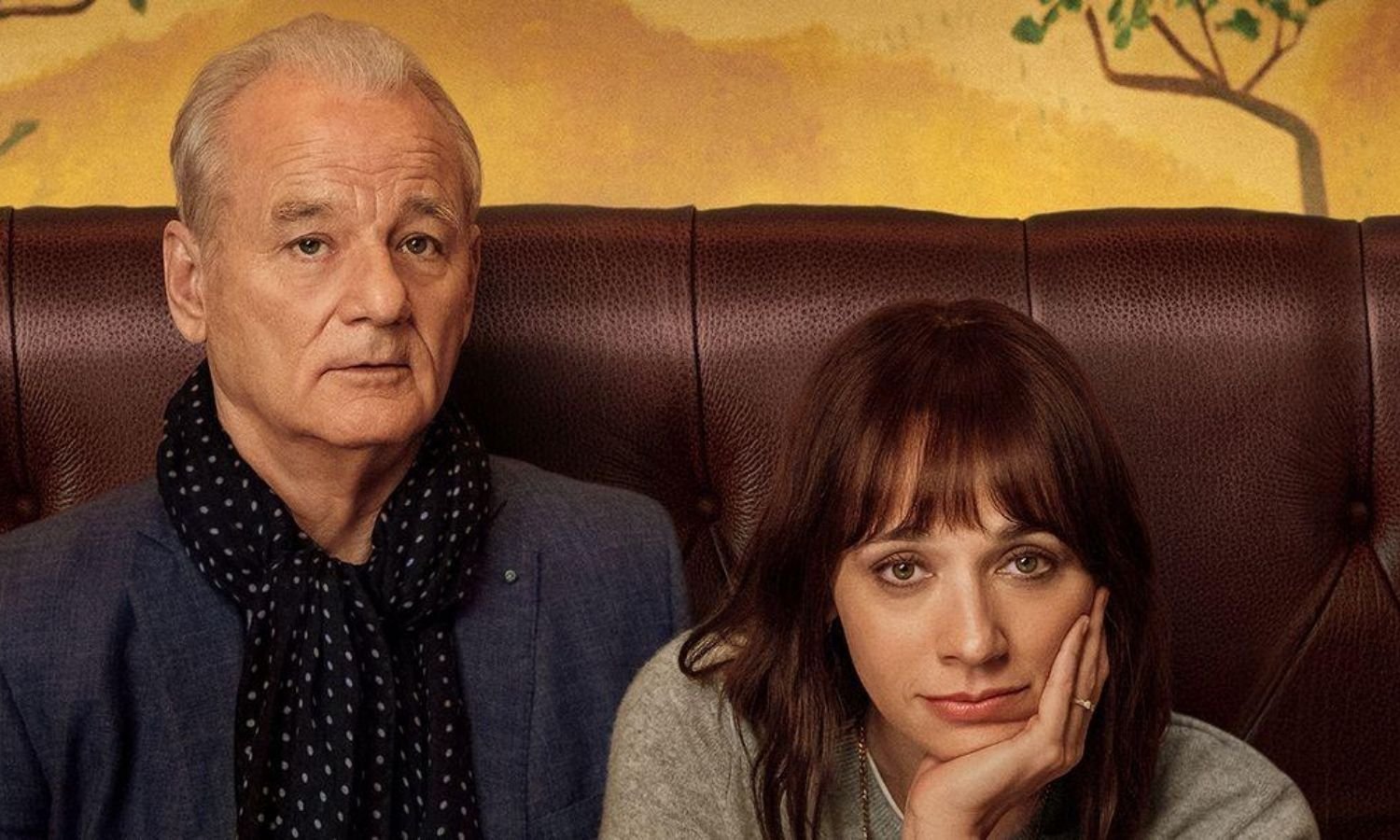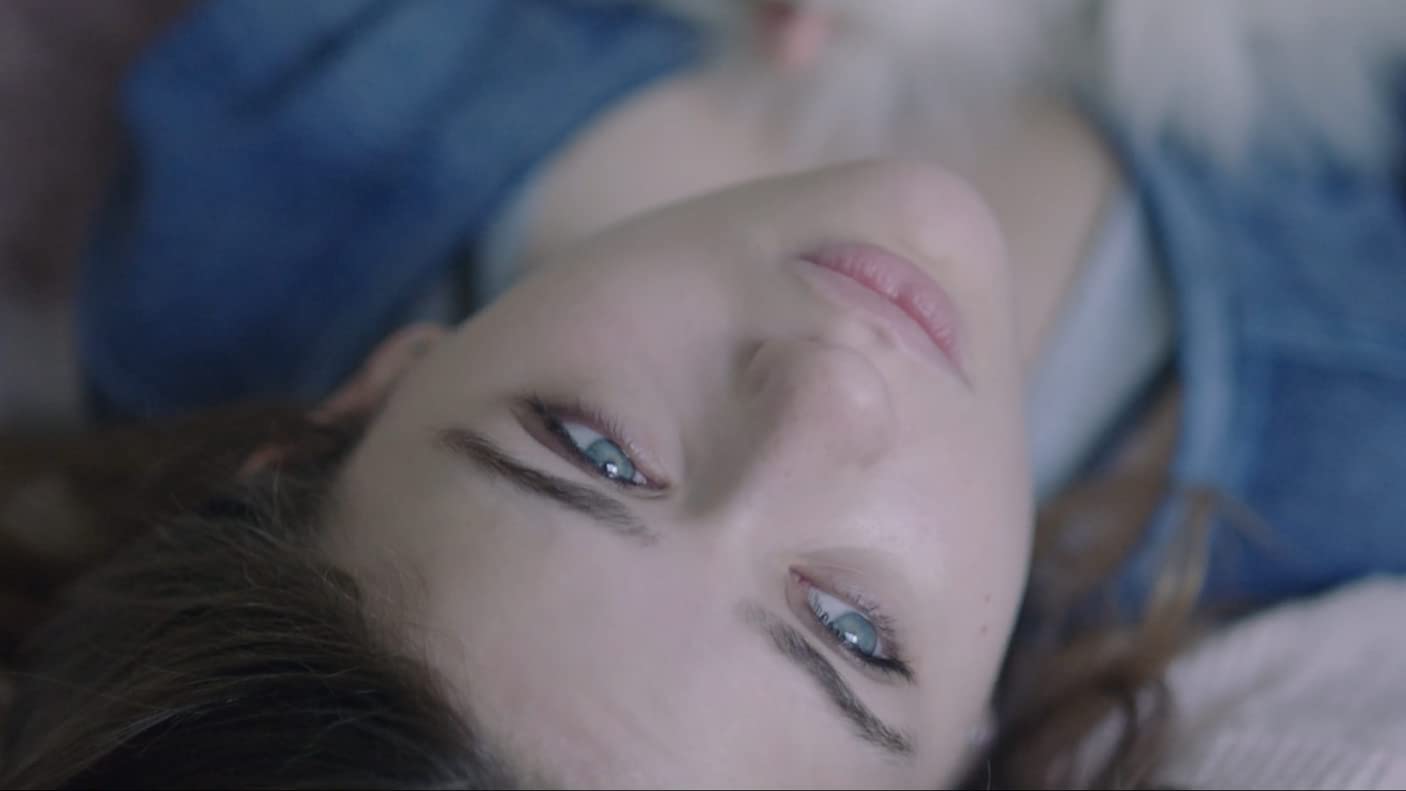The Sounding
by Cat McAlpine
Liv suddenly stopped speaking when she was young, and no one could determine why, not even her psychologist grandfather Lionel. Now Lionel (Harris Yulin) is at the end of his life, and he has invited fellow doctor Michael (Teddy Sears) to their small island to continue his work with Liv (Catherine Eaton).
And then suddenly, Liv begins to speak again. Instead of circling relevant lines of Shakespeare on a page, she quotes him out loud.
What follows is an exploration of language, human connection, and grief. The harder the world tries to understand Liv, the more alternately chaotic and despondent she becomes. The Sounding is both frustrating and beautiful, much like Liv herself.
Eaton and co-writer Bryan Delaney do a lovely job showcasing the flexibility of Shakespeare’s language. Their script depends on a patchwork of his quotes to achieve any depth of emotion Liv needs. Directed by Eaton, the film has a wild quality often showing a moody sea or softly lit rooms. Yes, Eaton co-wrote, directed, and played the lead in The Sounding. And she’s a true triple-threat, delivering a fantastic performance.
As impressive as Eaton’s dedication to the project is, it’s worth asking if we need another woman who doesn’t or can’t use her own voice.
Although it pulls from many of Shakespeare’s works – quoting everything from Julius Caesar to Midsummer’s play within a play – The Sounding most prominently mirrors The Tempest.
In The Tempest, Prospero and his daughter Miranda flee political persecution to a wild island. There, Prospero discovers Caliban, a native of the island, and he attempts to teach Caliban his ways. But Caliban is wild and cannot control his animalistic tendencies.
Caliban spits back at his teacher,
“You taught me language;
and my profit on’t
Is, I know how to curse.
The red plague rid you
For learning me your language!”
Liv parrots the same at Michael, furious that he accuses her of not having language. Through her grandfather she’s been taught to use Shakespeare to see the world. In his absence, she uses Shakespeare as much to talk to his memory as she does to speak to the world.
As an attractive white woman stepping into the shoes of a native man who was demonized by his conquerors, the beauty of Liv finding her voice is a little obscured by her parallels with Caliban. How does her damnation or freedom reflect on Caliban’s fate? Likely, viewers won’t worry themselves with the comparison. And, ultimately, it’s up to us to decide if Liv’s unique language is a triumph of a life best lived or a quirky trait that shackles her agency. Either way, she seems happy enough just being herself.













